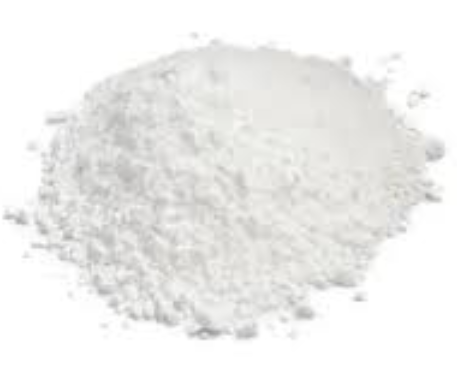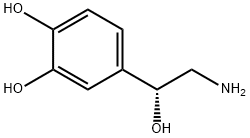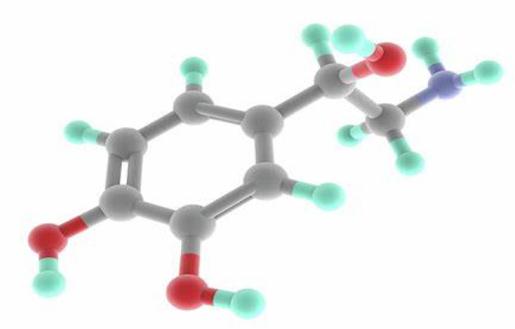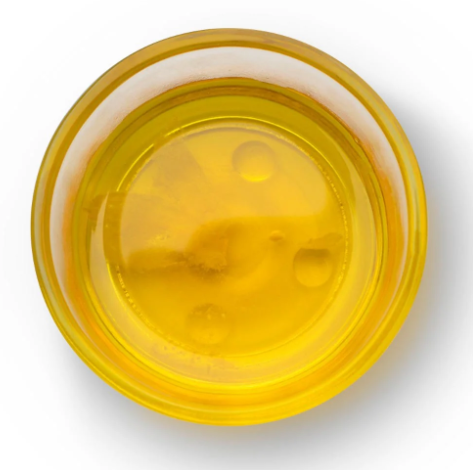Synthesis and Function of Norepinephrine
Norepinephrine, also called noradrenaline, is both a neurotransmitter and a hormone.As an important neurotransmitter, and Norepinephrine's physiological effects are mediated by the family of adrenergic receptors, α1, α2, and β. Clinically useful drugs can activate or inhibit these receptors, or block the reuptake of norepinephrine back into the nerve terminal.

Function
Norepinephrine, similar to other catecholamines, is generated from the amino acid tyrosine. Norepinephrine exerts its effects by binding to α- and β-adrenergic receptors (or adrenoceptors, so named for their reaction to the adrenal hormones) in different tissues. In the blood vessels, it triggers vasoconstriction (narrowing of blood vessels), which increases blood pressure. Blood pressure is further raised by norepinephrine as a result of its effects on the heart muscle, which increase the output of blood from the heart. Norepinephrine also acts to increase blood glucose levels and levels of circulating free fatty acids. The substance has also been shown to modulate the function of certain types of immune cells (e.g., T cells).
Norepinephrine activity is efficiently terminated through inactivation by the enzymes catechol-O-methyltransferase (COMT) or monoamine oxidase (MAO), by reuptake into nerve endings, or by diffusion from binding sites. Norepinephrine that diffuses away from local nerve endings can act on adrenergic receptors at distant sites.
Norepinephrine is used clinically as a means of maintaining blood pressure in certain types of shock (e.g., septic shock).
Synthesis
Norepinephrine is synthesized from the amino acid tyrosine in the adrenal medulla and postganglionic neurons of the sympathetic nervous system. A series of enzymatic reactions are involved.
Firstly, tyrosine is converted into dihydroxyphenylalanine (L-DOPA) by tyrosine hydroxylase.
Secondly, L-DOPA is converted into dopamine by pyridoxal phosphate and DOPA decarboxylase.
Lastly, dopamine is converted into norepinephrine by dopamine beta hydroxylase.
Side effects
Side effects of norepinephrine as an injection that require medical attention include:
Allergic reactions like skin rash, itching or hives, swelling of your face, lips or tongue.
Difficulty breathing, wheezing.
Irregular heartbeats, palpitations or chest pain.
Pain, redness or irritation at site where injected.
You may like
Related articles And Qustion
See also
Lastest Price from Norepinephrine manufacturers

US $5.00-0.50/KG2025-05-07
- CAS:
- 51-41-2
- Min. Order:
- 1KG
- Purity:
- 99% hplc
- Supply Ability:
- 500TONS

US $0.00/g/Bag2025-04-21
- CAS:
- 51-41-2
- Min. Order:
- 10g
- Purity:
- 98.5%~101.0%; USP38
- Supply Ability:
- 100kg/month



